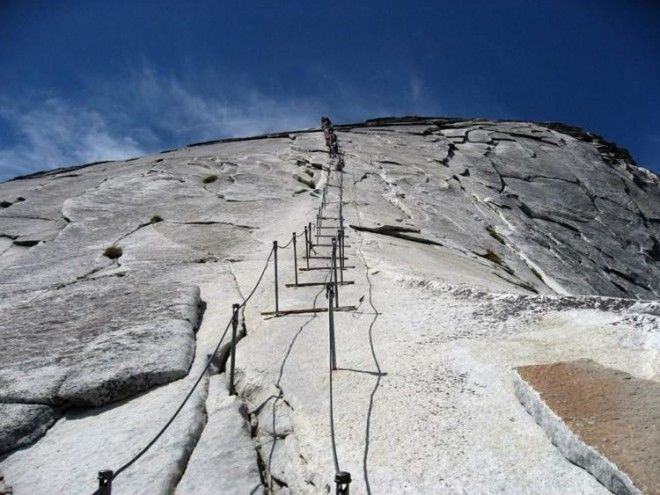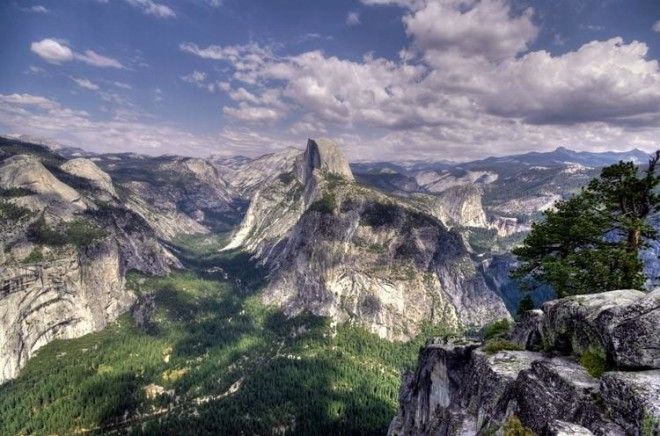1. Overland Track, Lake St. Clair National Park, Australia
It usually takes six days to travel the Overland Track, which runs 40 miles (65 km) from Cradle Mountain to Lake St. Clair, Australia’s deepest lake. Along this lengthy trek, you’ll encounter a rainforest, moorlands, alpine meadows, and carved valleys, as well as several beautiful summits and waterfalls. During the busiest walking season (the month of October), you must reserve a spot and pay a fee, but any other time of year guests are welcome to explore at their leisure. As part of the Tasmanian Wilderness World Heritage Area, the track has a reputation for being one of the best wilderness trails around.
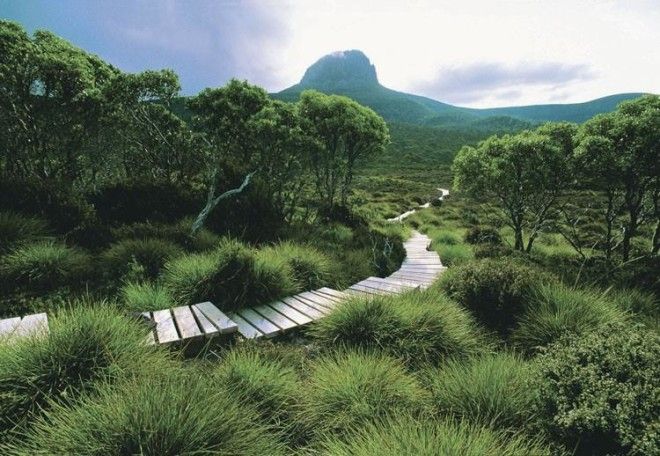
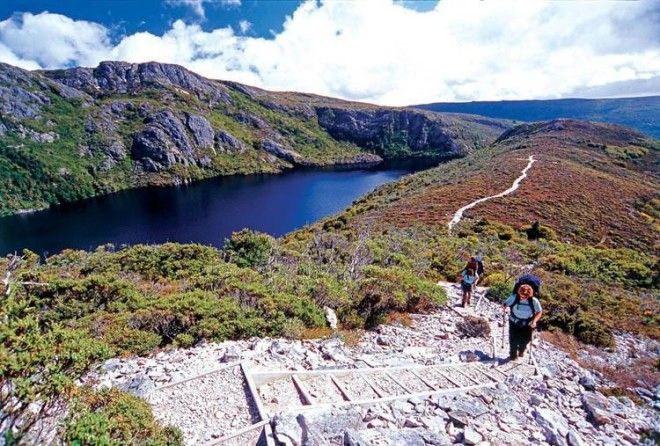
2. John Hunter Memorial Trail, Valdez, Alaska
This 3.8-mile Alaskan hiking path goes through a coastal spruce forest and ends at Solomon Gulch, a salmon hatchery established in 1981. One awestruck visitor wrote that “We ended up going here three times during our visit to Valdez….we could not believe our eyes!” on Trip Advisor. Another added that she “could see so many salmon coming up stream to spawn, I wish I had a net!” One drawback (to most people) is that bears often frequent the gulch, so be on the lookout.
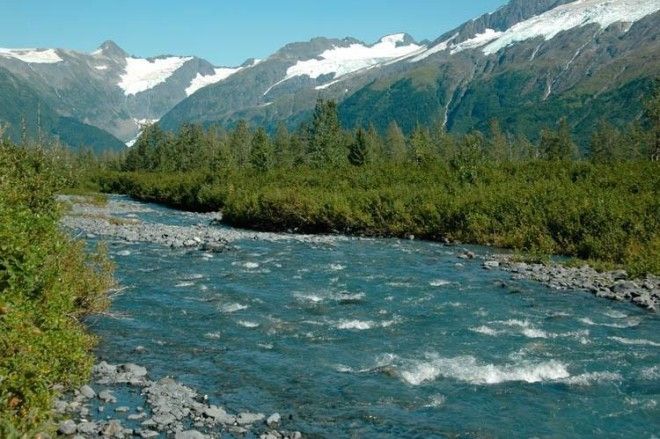

3. Mount Kailash Pilgrimage, Tibet
Unbeknownst to most of the Western world, this trail is a sacred spot and a holy pilgrimage for many of the Buddhist, Hindu, Bon, and Jain religions – all for different reasons. At 32 miles in length (52 km), this trail winds deep into the Tibetan plateau and will take most people three days to hike. Some Tibetans will actually walk up to 108 circuits, which as you can imagine is quite the ordeal. Unlike the other trails in this list, no one has ever climbed to the summit of Kailash because of its sacred status. A note to the tourists: the nights on Mount Kailash are freezing cold even in the hottest summer months, so dress accordingly.

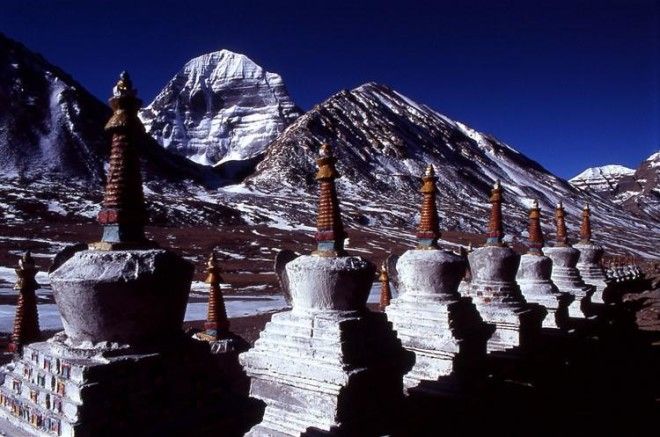
4. The Narrows, Zion National Park, southwest Utah
If you’re looking for a hike to take your breath away, venturing into The Narrows of Zion National Park will do it — though perhaps because being surrounded by thousand-foot canyon walls can bring out the claustrophobia in anyone. There’s no real trail through the Narrows — and it involves wading through the waters of the Virgin River — but the views are unparalleled. If hiking directly through the canyon, visitors should do so in the late spring or summer. The temperature will likely be almost 100 degrees Fahrenheit, but that makes for warmer river waters. For the somewhat less adventurous, you can admire the natural beauty of The Narrows from afar via a paved walkway.
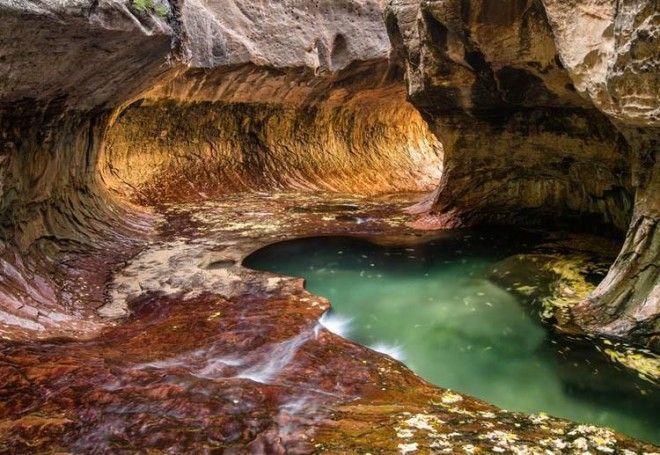
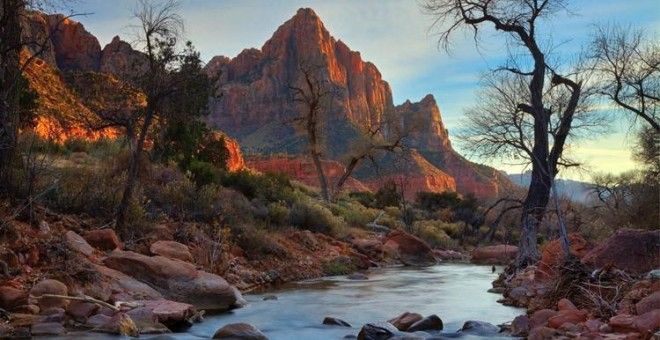
5. The Huashan Hiking Trail, Xi’an, China
You must have to really like tea to brave this hike. Not for the faint of heart, the beginning of this harrowing Chinese trail has walkers ascending a set of stairs that takes roughly six hours to climb. But that’s not even the most daunting part about the trail: after a gondola ride to Mt. Hua Shan, you’ll scale the mountainside along some rickety-looking planks with only a chain to cling to. The plank road is two-way, which means you’ll be required to pass people on the outside. At the top of the mountain sits an old Taoist temple that has been converted into a teahouse.
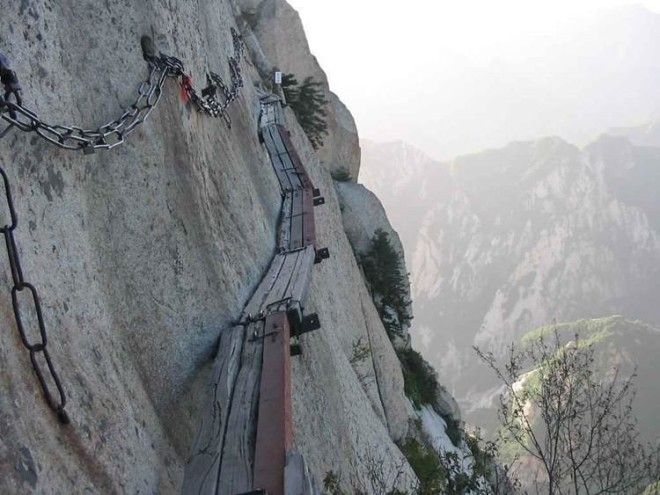

6. Wales Coast Path, Wales, United Kingdom
You likely won’t travel the entire 870-mile path that nearly runs the entirety of the Welsh coastline, but if you did you’d pass through eleven National Nature Reserves, stroll by several medieval castles, and saunter through lots of sleepy coastal towns. Running from Chepstow in the southeast to near Queensferry in the north, the entire path is open to walkers, but some areas are also suitable for horseback riding, cycling, and wheelchairs. A few landowners don’t allow the path to cross onto their property, which means that about 20 percent of the Wales Coast Path is diverted onto roads with no view of the water.
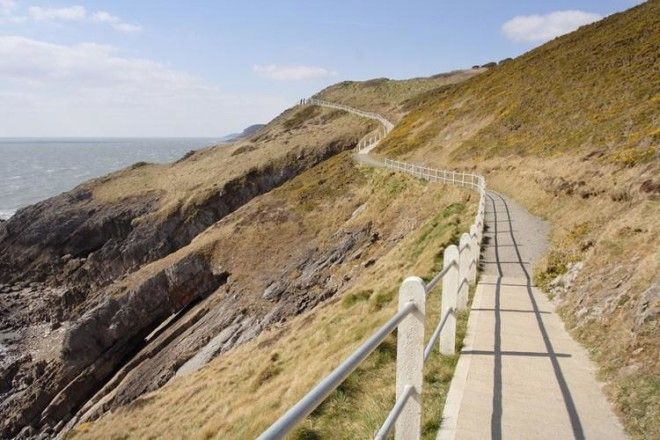
A scenic Wales pathway.
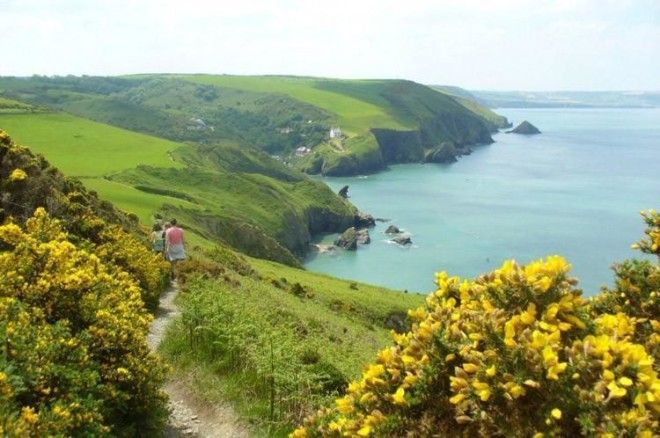
7. North Drakensberg Traverse, South Africa
This hike is a long, backcountry excursion that winds through two countries – South Africa and Lesotho – and features cultural stops along the way, such as ancient cave paintings. The main attraction, however, just may be the dramatic views of the Drakensberg Mountains, the highest (and most rugged) mountain range in southern Africa. As described by the Mother Nature Network, the landscapes “are truly epic, with high plateaus, steep mountain slopes, rocky cliffs, towering waterfalls and panoramas of grass-covered hills that reach up to the clouds.”
There are no clear cut pathways or trails, and most adventurers without experience in the African backcountry usually employ guides to help them through it.
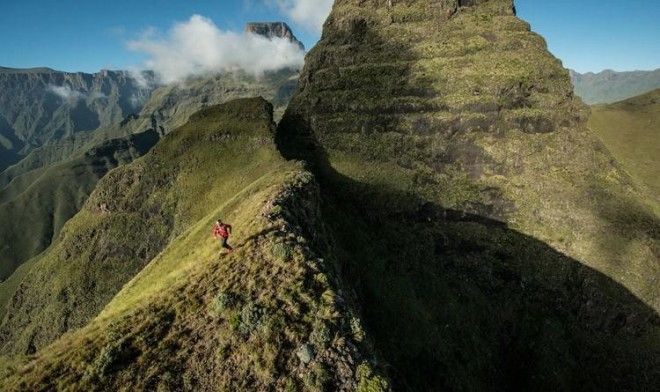
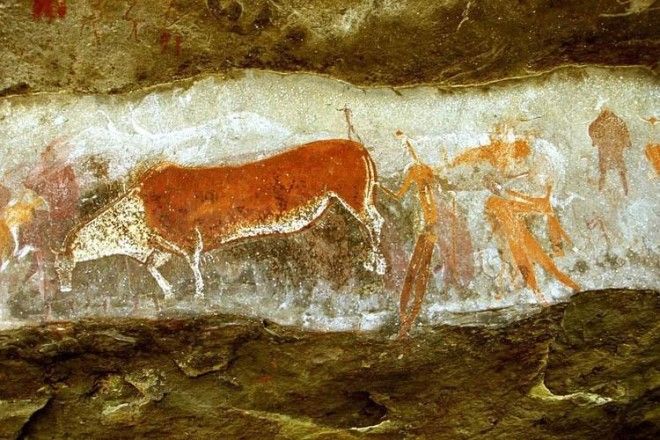
8. Everest Base Camp, Nepal
If climbing Mount Everest is too lofty a goal, you can always hike to the base camp, which is still a grand adventure. National Geographic is hosting several three-week trips to the Himalayas in 2016 to do just that, describing the challenge as a way to “[discover] the historic treasures of Kathmandu.” Guests can stay in villages set against soaring, jagged pinnacles; learn about the unique culture of the Sherpas, and walk trails lined with stones engraved with Tibetan Buddhist prayers. About 40,000 people make the hike from Lukla airport to the south Base Camp every year.
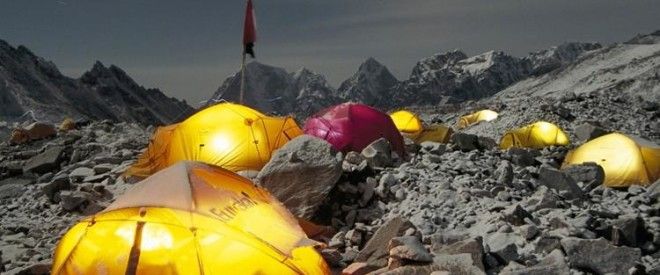

9. The Long Range Traverse, Newfoundland, Canada
This trail moves along the ridges and valleys of Newfoundland, but to even get started you must first pass a navigation test because the number of people who have gotten lost or needed rescue is so high. This shouldn’t be that surprising, though, as the trail itself is unmarked. According to nature site Great Outdoors, “The landscape here in Gros Morne National Park is as dramatic as it is remote, carved by glaciers from massive, uplifted blocks of granite that form the plateau. Land-locked fjord-like bodies of water, locally called “ponds,” dominate the views seaward toward the Gulf.” Pending your sense of direction, you could spend two days or two weeks hiking this trail.
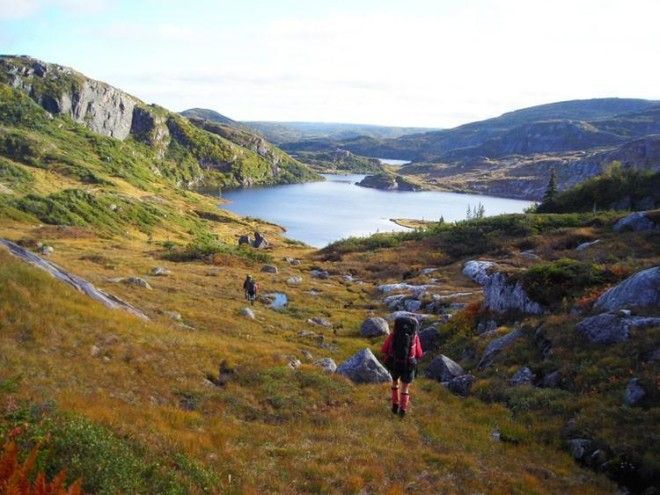

10. Half Dome, Yosemite National Park, California
Yosemite grounds offer several trails in and around the park, and all of them feature the glorious Sierra Nevada Mountains as their backdrop. The ultimate Yosemite hike is called the Half Dome, and is best tackled in two days. When you reach the top of the glacier-carved piece of granite known as the Half Dome, the views provided will stay with you for a long time. Surprisingly, the five-acre summit is actually fairly flat. Hikers, take note: the cable system that helps you ascend the 45 degree angle climb to the summit is only open from late May to mid-October, and day hikers need an advance permit.
